ABOUT US
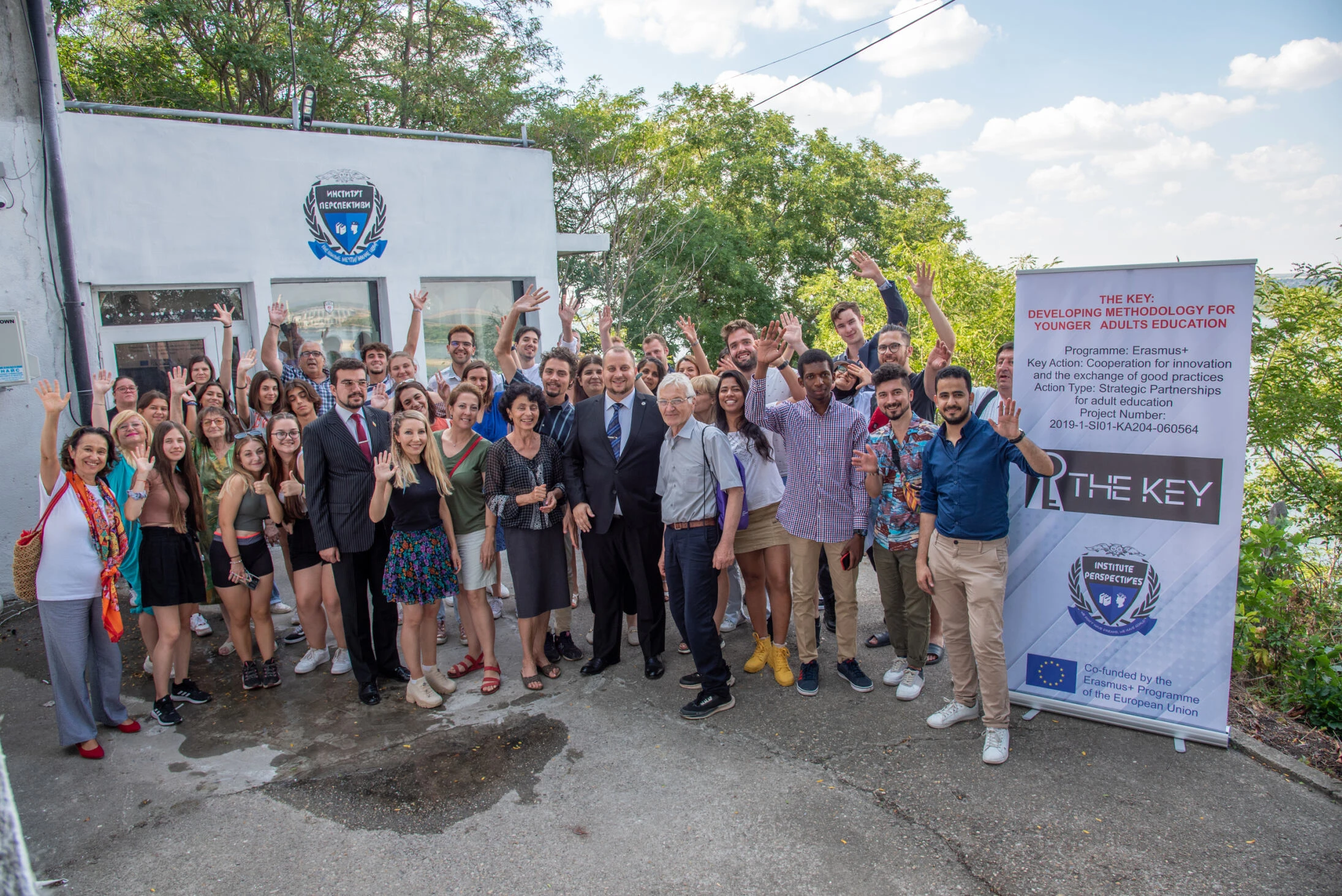

Our history
Since 2015, the Association 'Institute Perspectives' (IP) has been spearheading youth initiatives, succeeding four informal student clubs from the Philosophy and Law Faculties of St. Cyril and St. Methodius University of Veliko Tarnovo, along with two others from Varna and Plovdiv. These clubs have been actively involved in initiating and conducting youth activities since 2012. IP focuses on engaging the free time of young people in smaller communities through innovative methodologies developed by youth workers, university professors, and young scholars.
The IP team is adept at creating specialized research, methodologies, textbooks, and literature in areas such as 'European Values,' 'Youth Activities and Non-Formal Learning,' 'Social Entrepreneurship,' 'Political Science,' 'Sociology,' and other humanities disciplines.
We have published over 30 books, 10 of which are part of the series of the International Scientific Journal 'Perspectives,' featuring contributions from over 250 young scholars and students from three continents. Our commitment to intellectual excellence and youth empowerment is reflected in our extensive publication record and innovative approach to youth engagement and education.
Our Goal's are:
Conducting youth activities and offering services to young people, nurturing their potential and supporting their personal and professional development.
Facilitating the growth of civil society and integrating young people into its democratic values and principles. We encourage the free exchange of ideas and information, intellectual values, and models of cooperation, nurturing a culture of open dialogue and collaboration.
Counteracting and preventing negative phenomena among young people, such as juvenile delinquency, addiction and substance abuse, prostitution, and manifestations of racism and xenophobia. Our approach focuses on education, awareness, and proactive interventions.
Supporting the development of high-quality, practical education and social assistance, and enhancing the qualifications of young people. We aim to equip them with the skills and knowledge necessary for their future endeavors.
Assisting the integration and socialization of individuals from marginalized groups, including refugees, people with disabilities, ethnic minorities, and the socially disadvantaged. We strive to build inclusive communities where diversity is celebrated and supported.
Providing community-based social services, addressing the needs and challenges of our community members, and fostering a supportive environment.
Promoting citizen involvement in environmental conservation, biodiversity protection, and water resource management. We emphasize the importance of ecological stewardship and encourage active participation in sustainable practices.

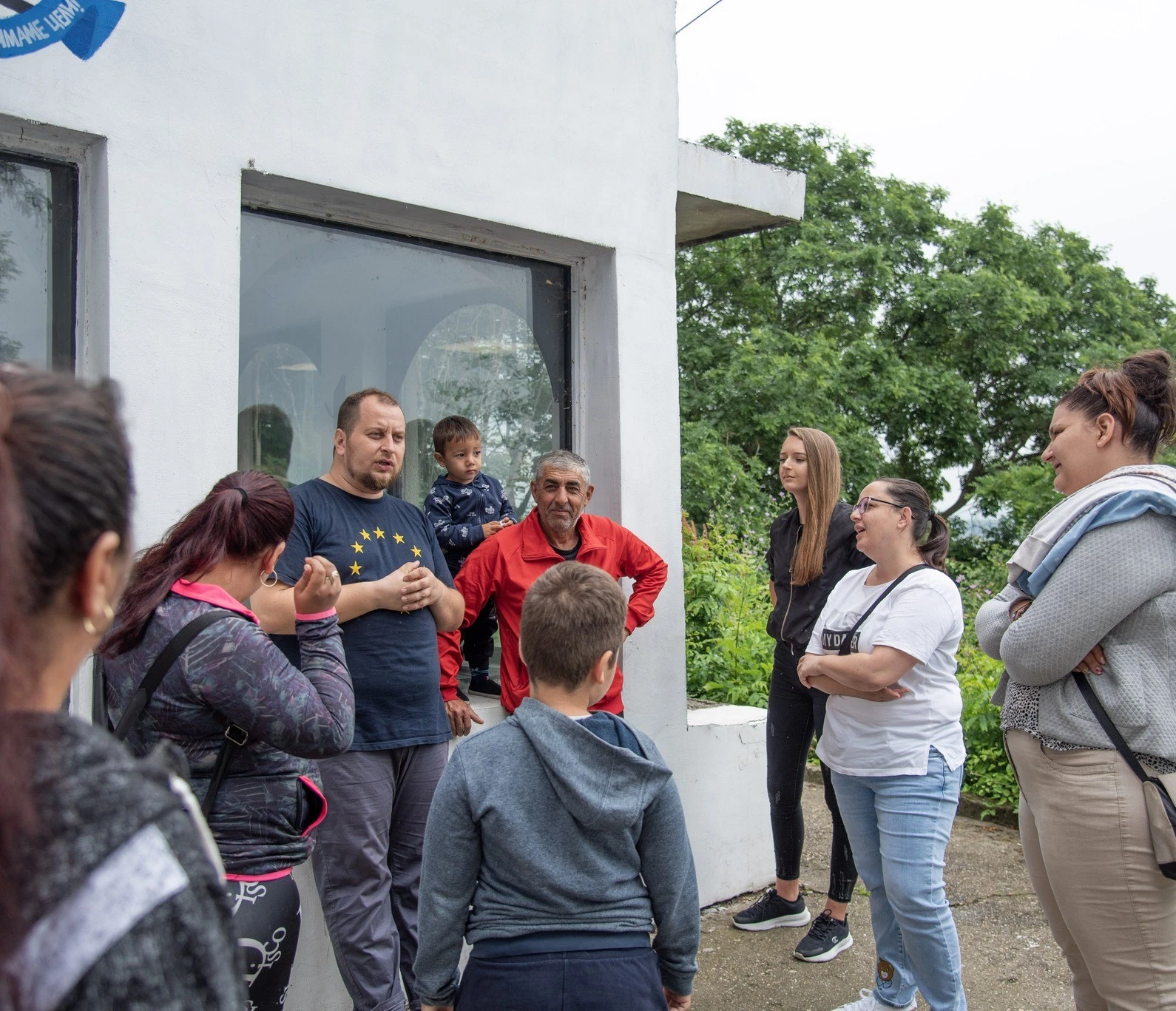
Institute Perspectives focuses its efforts on four main target groups, each with distinct needs and challenges:
-
Youth Aged 16-25 from Small Towns in Bulgaria: These young individuals are at risk of social exclusion due to poverty. They often find themselves in vulnerable situations because of their ethnicity, religious beliefs, and cultural peculiarities. Our programs aim to provide them with opportunities for personal and professional growth, ensuring they have access to the resources needed to overcome these barriers.
-
Young Adults Aged 25-35 with Higher Education: These are individuals who have obtained a Bachelor's degree or higher in an EU country and have returned to Bulgaria. They face challenges with 'reintegration' into Bulgarian society. IP provides support and guidance to these young adults, helping them to leverage their international experience and education in their home country.
-
Youth Aged 18-29 with a Drive for Initiatives: This group consists of young people eager to launch their initiatives, particularly in areas like ecology, digitalization, and social entrepreneurship. However, they fall into the NEET category (Not in Education, Employment, or Training). We aim to empower them with the skills and support needed to transform their ideas into impactful actions.
-
Youth Aged 15-29 Facing Severe Challenges: This includes orphans, victims of domestic violence, individuals with dependencies, physical or mental disabilities, refugees, or young offenders. Many suffer from psychological trauma leading to various mental health issues, hindering their social and professional development. Our organization provides tailored support to help them overcome these challenges and achieve their full potential.
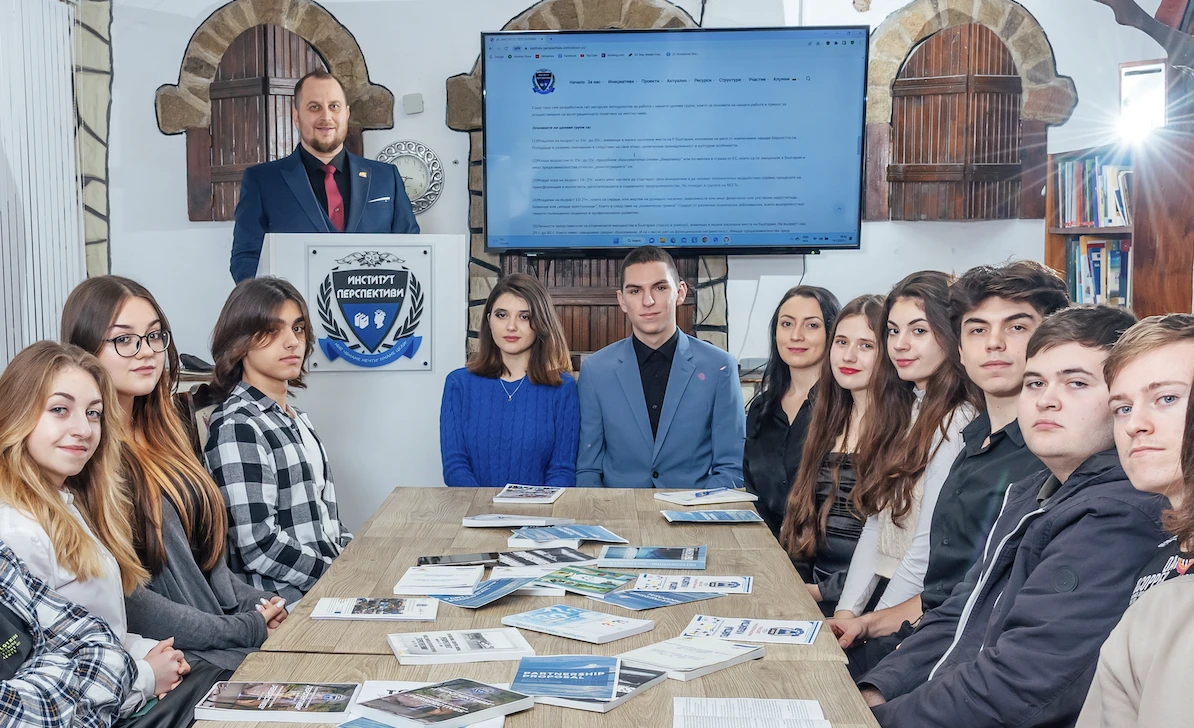
FOUNDERS
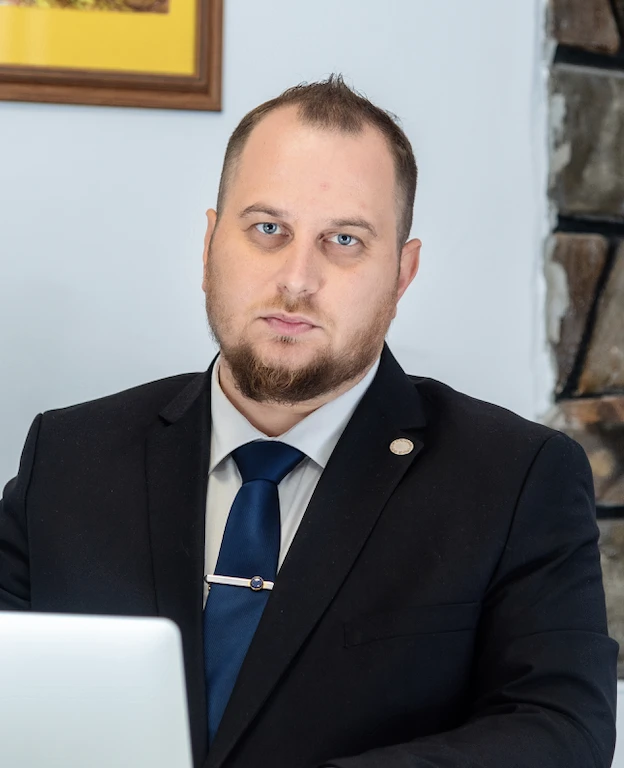
Ahmed Kuytov
Founder, Chairman
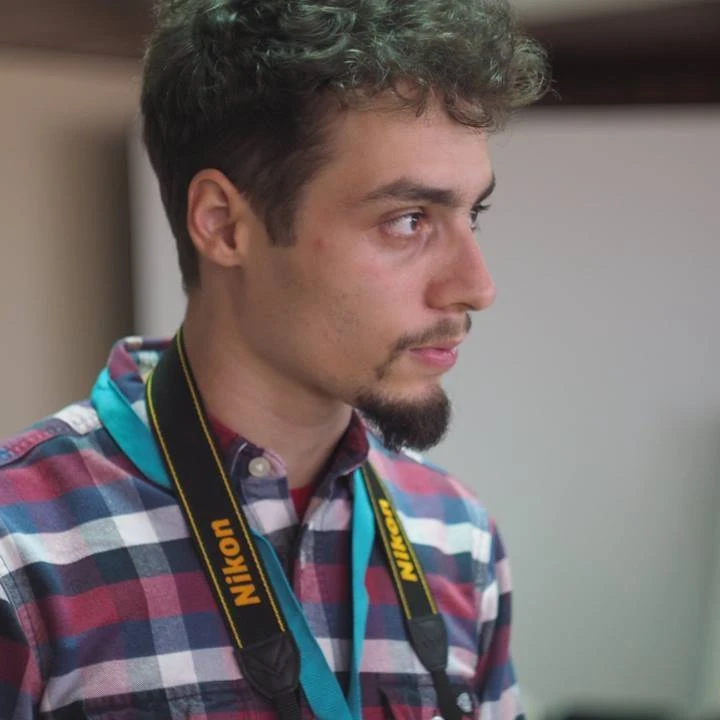
PHD Nikola Zhivkov
Founder, Youth Coordinator
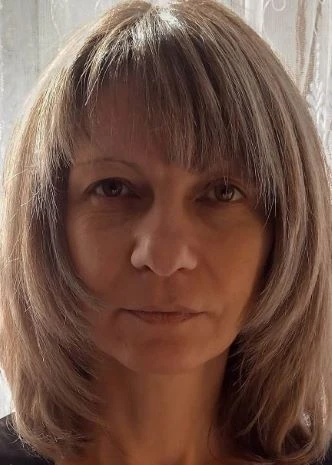
PHD Svetla Yordanova
Founder, Expert

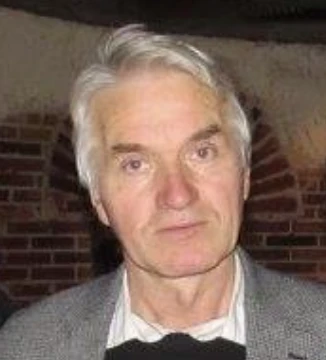
Prof. Dr. Nikolay Zhivkov
Founder,Scientific expert
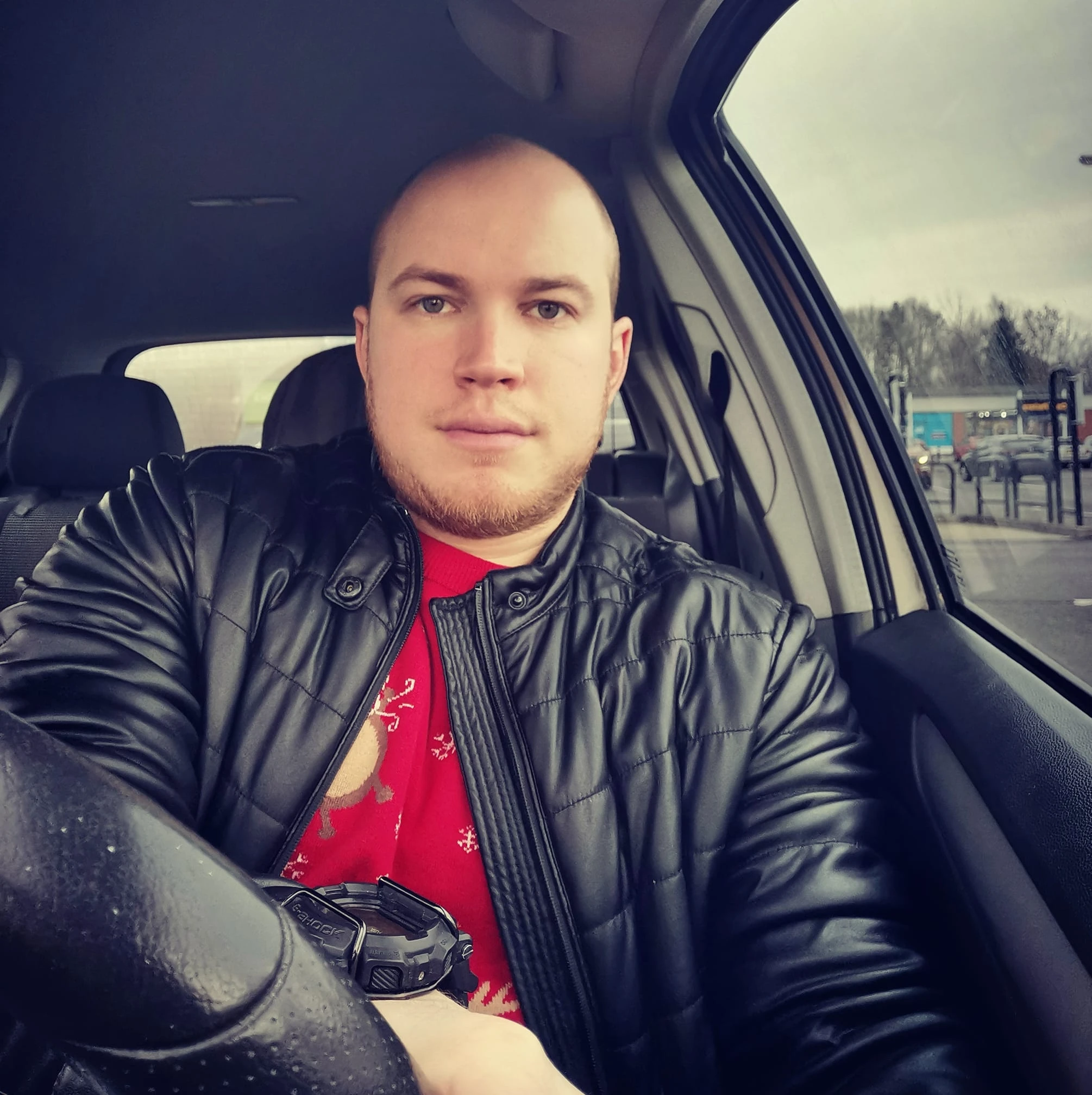
Nikolay Aleksandrov
Founder, Expert

EXPERT'S
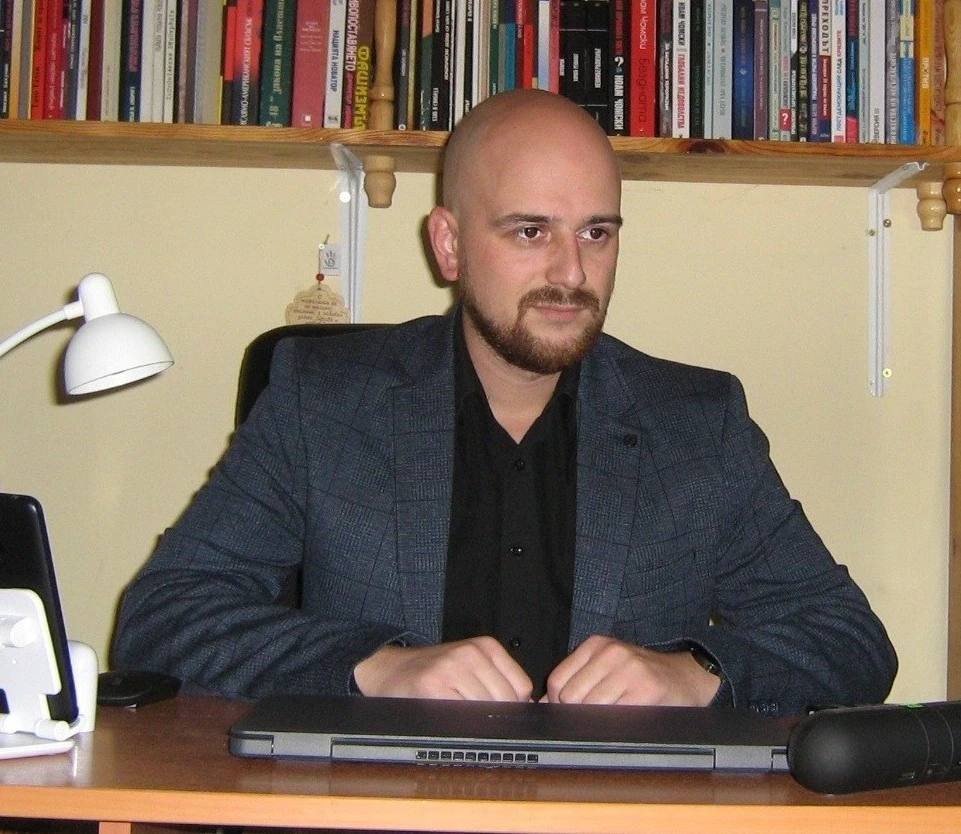
PHD SVETLIN TACHEV
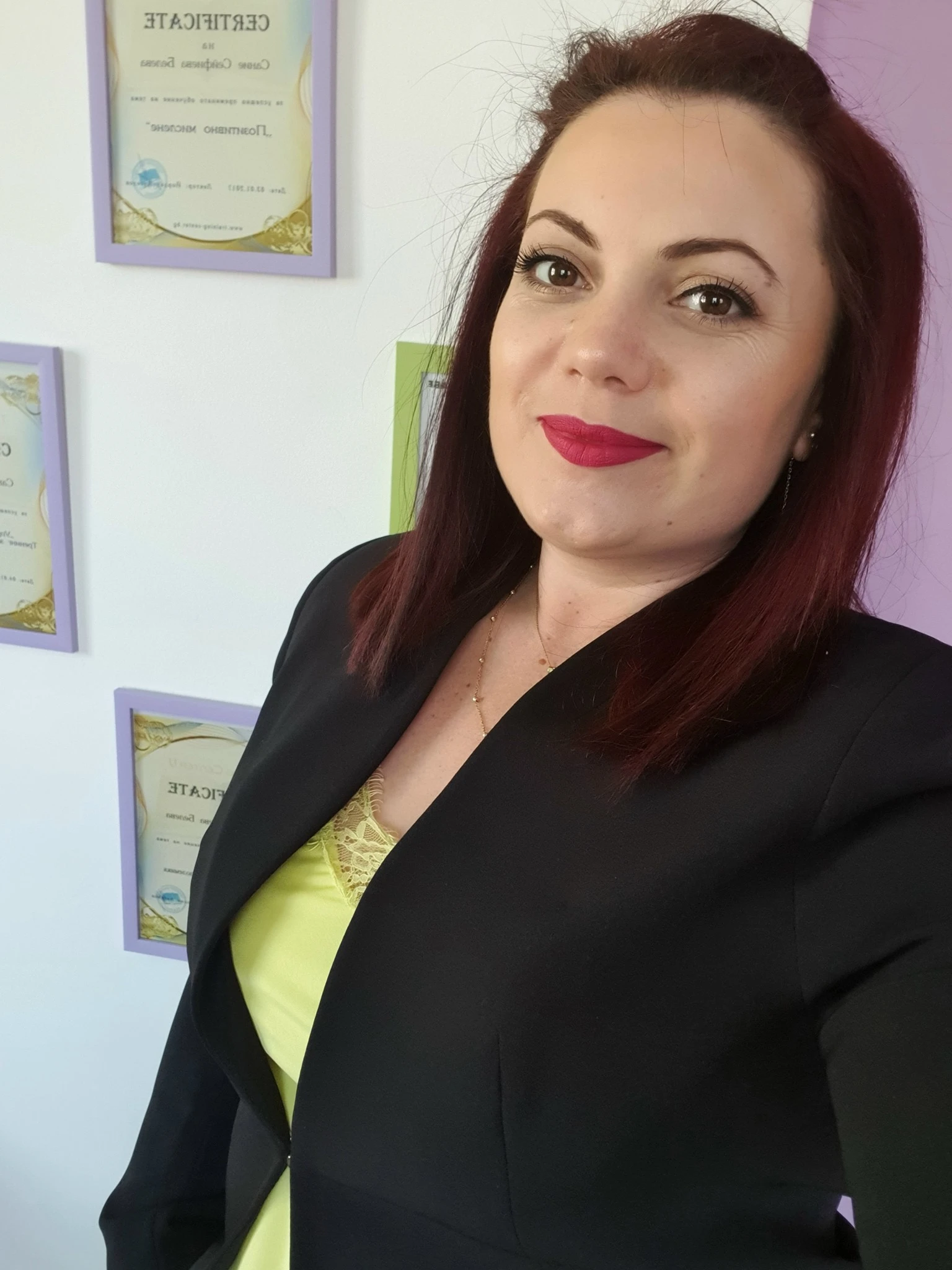
Sanie Beleva
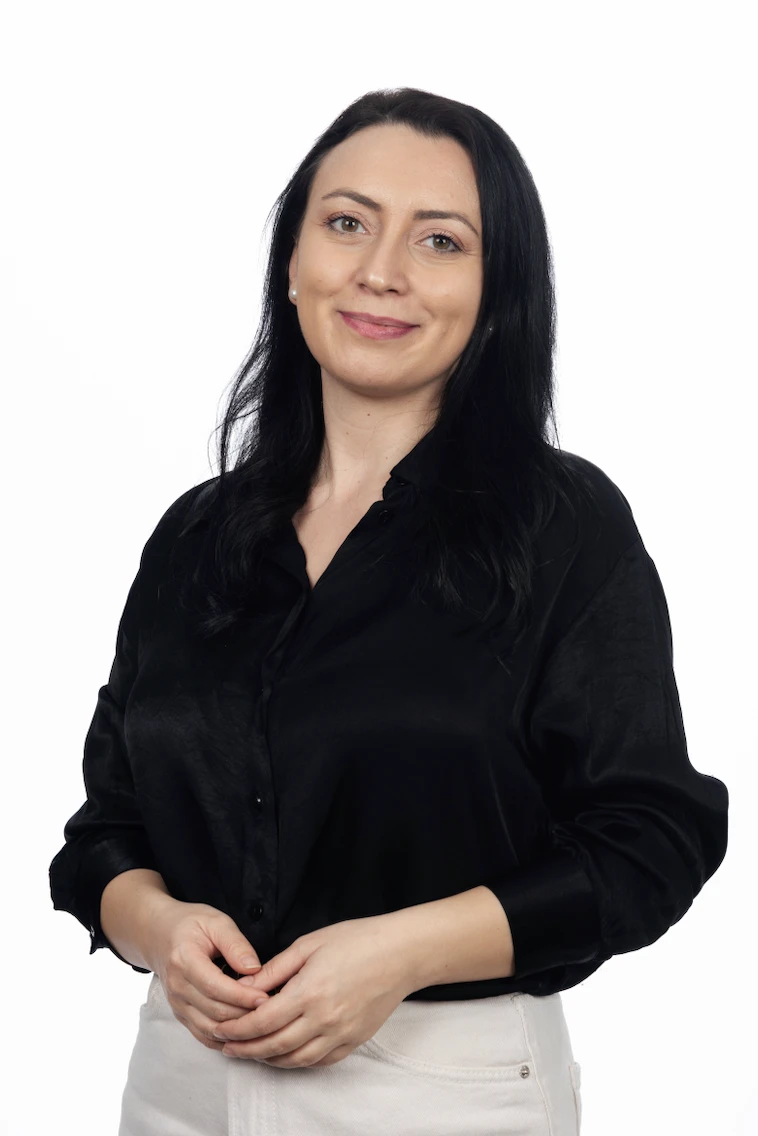
Hülhüsna Hüsein
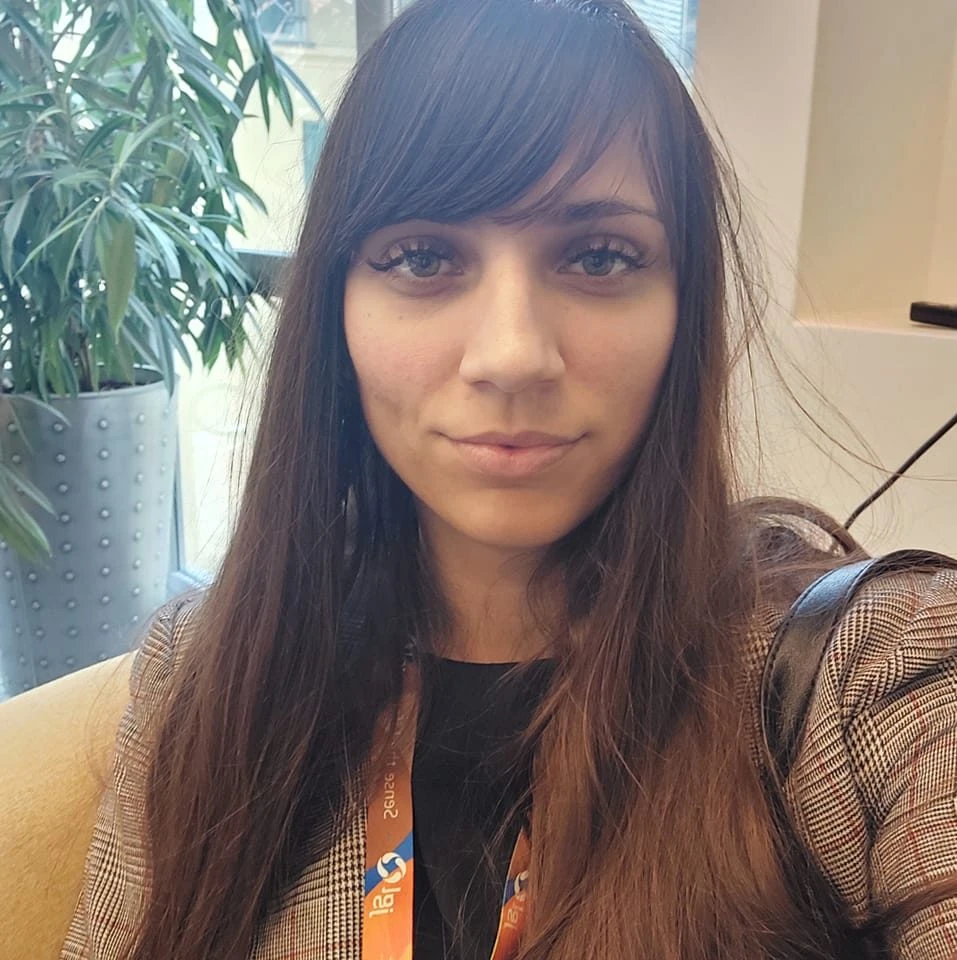
Phd Silvia Pencheva

YOUTH COORDINATORS

Yoana Nedyalkova

Anton Lambrov

Monika Petkova

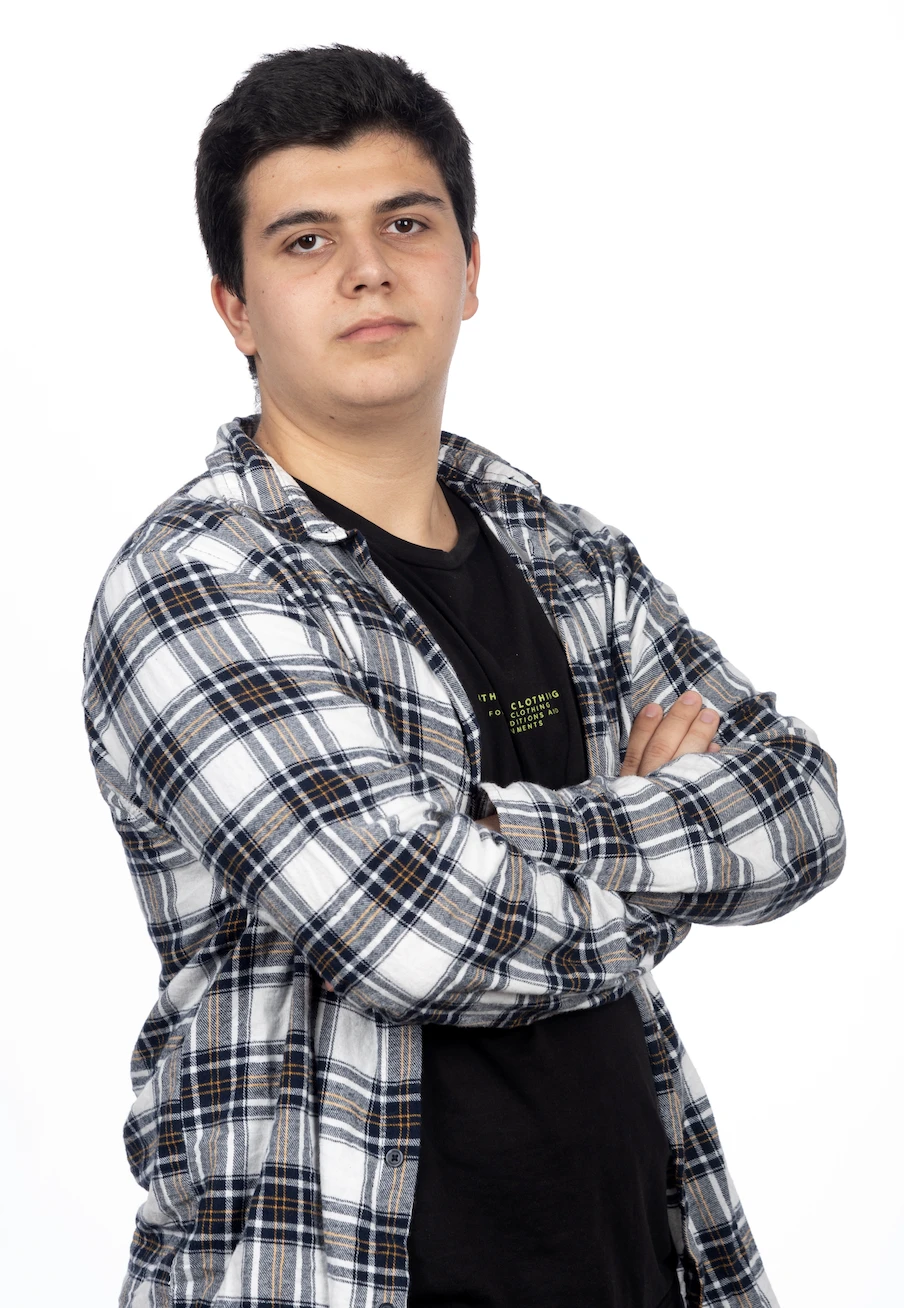
Ivailo Ivanov

Preslav Marinov

Georgi Kostadinov

OUR ORGANIZATION STRUCTURE
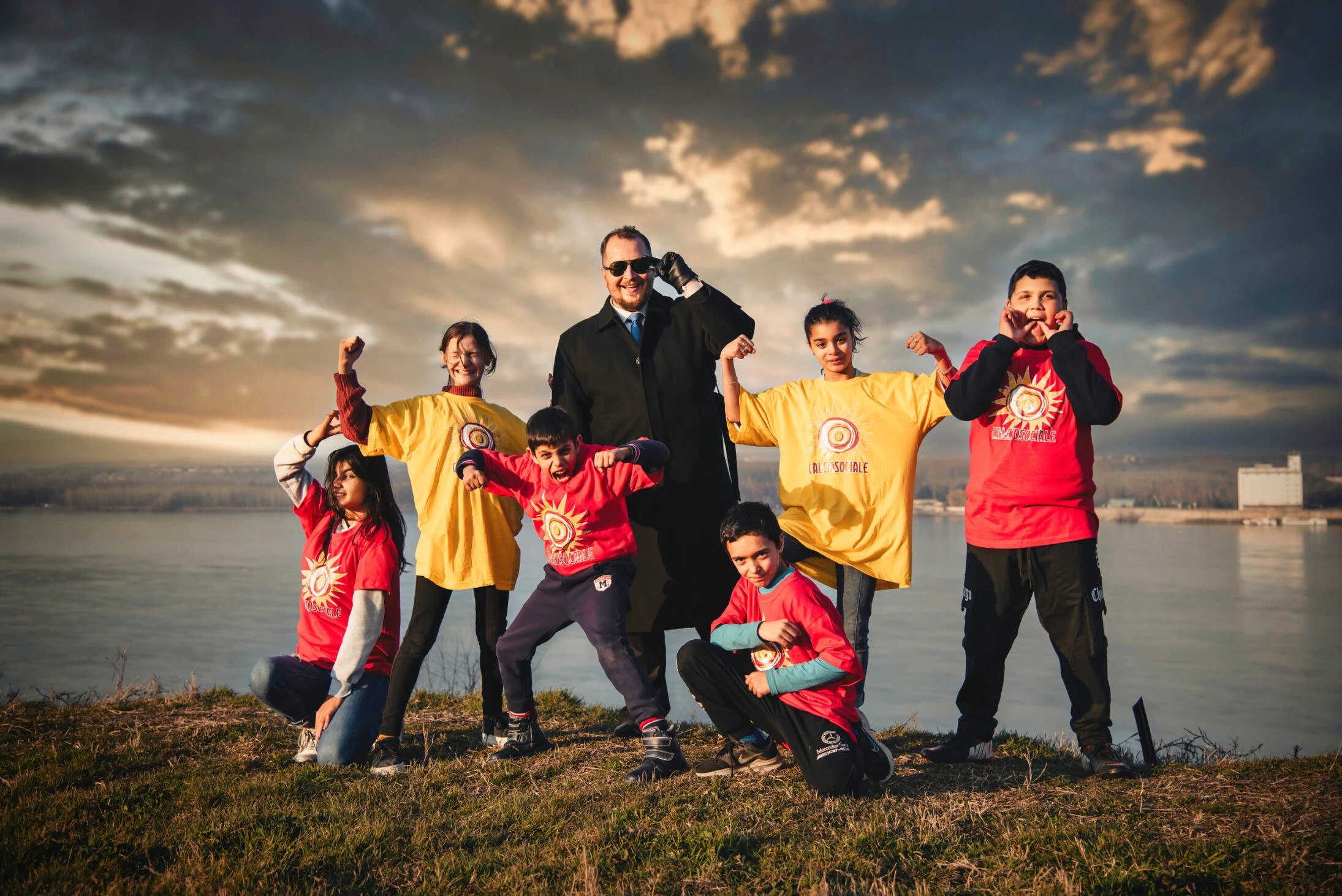
The Institute Perspectives structure is meticulously designed to ensure comprehensive participation of young people in the planning, implementation, and evaluation of youth initiatives.
To foster sustainability and a balanced transition leading to youth motivation, we have established a hierarchical six-level system, aligning with the individual's involvement with IP's mission and goals.
Level One - 'Candidate Members': These are individuals over 18 who have participated in at least two local initiatives and one transnational mobility within the EU (youth exchange or training course). To become a 'candidate member,' one must apply and, within a 12-month period, demonstrate commitment to our organization's mission. The criteria for advancement include organizing at least three local initiatives, engaging a minimum of 30 young people in vulnerable situations in non-formal education. Currently, we have 47 applications at this level.
Level Two - 'Volunteers': Individuals over 16 who have directly participated in the planning and execution of local initiatives for at least six months. They have proven their ability to be ambassadors of 'EU knowledge' among their peers and community. As volunteers, they are eligible to participate in up to three transnational EU initiatives annually and propose activities based on volunteerism or the shared economy.
Level Three - 'Youth Coordinators' in Small Communities: Having participated in IP's activities for at least 12 months, these individuals have established an informal club in their hometown and organized a minimum of five events related to EU integration policies and IP's mission. They have successfully participated in at least three transnational mobilities in the EU. Youth coordinators are involved in national youth projects and receive honorariums under civil contracts. They can also request funding for local initiatives from IP's budget.
Level Four - 'Associate Expert Members': Individuals involved in IP's activities for over three years, holding a 'master's' or 'doctoral' degree in humanities, social, or economic sciences, or possessing digital and IT development skills. They are directly involved in developing intellectual products and organizing national and European events like conferences, seminars, and round tables. Their activities are financed through European programs.
Level Five - 'General Assembly Members': This is IP's highest 'legislative' body, comprising all founders and individuals who have served at previous levels. Members determine the organization's direction, develop strategies, regulations, etc. They are directly involved in developing and implementing all national and European projects and can lead groups as team leaders during youth exchanges, seek national and European partners, and explore funding opportunities from local to European levels. Currently, IP's General Assembly has 13 members.
Level Six - 'Managing Board': Comprising three members from the General Assembly (Chairperson, Vice-Chairperson, and Secretary), this board is directly responsible for executing the General Assembly's decisions. They coordinate activities across all national and European projects through individuals from the first five levels. They participate in national councils, working groups, etc., and officially represent the organization to other institutions, authorities, and businesses.